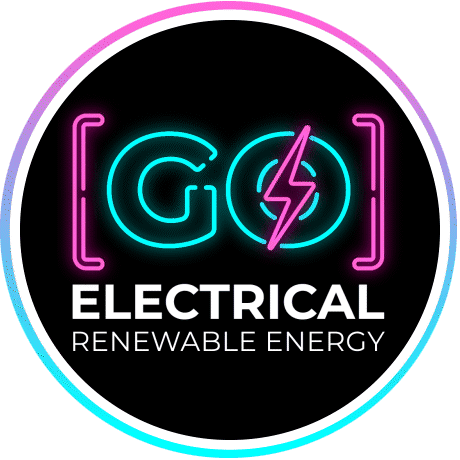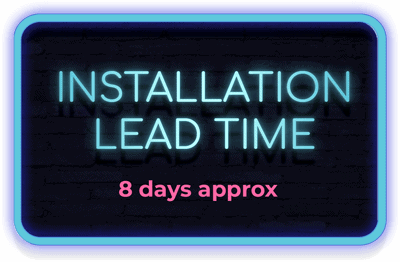You have decided to participate in the electric vehicle (EV) revolution out of concern for the environment. The chore of understanding the variations between Type 1, Type 2, and Type 3 connectors, not to mention portable charging cables, is now difficult. Worry not, EV fanatic friend! Our team has your back. To assist you in making the ideal choice for your charging needs, we’ll walk you through each type in this guide, highlighting their distinctive qualities and capabilities in a helpful and educational manner.
You must first determine the kind of charging connector you require for your vehicle. To make sure you are purchasing the appropriate EVSE and cable for your vehicle, first and foremost it is usually advisable to check your vehicle’s requirements.
THE SINGLE-PHASE HERO: TYPE 1 EV CHARGERS
In North America and Asia, Type 1 chargers—known for their single-phase charging capabilities—are rather common. Manufacturers like Nissan, Mitsubishi, and Chevrolet frequently include Type 1 charging outlets in their electric vehicle line-ups. These charging cables can deliver charging speeds of up to 7.4kW using a single-phase alternating current (AC); not bad!
Type 1 connections are simple to identify since they have a five-pin layout and a recognizable round shape. They might not be the most popular option in Ireland or in entire Europe, but many electric vehicle owners all around the world still rely on them as a reliable charging alternative.
EUROPE’S FIRST CHOICE: TYPE 2 EV CABLES
The preferred option for charging EVs across Ireland, is the Type 2 connector, often known as the Mennekes connector. Type 2 connectors have a lot to offer and are compatible with most European electric vehicles, including Tesla, BMW, and Renault. Type 2 chargers, in contrast to Type 1 connectors, are capable of both single-phase and three-phase AC charging, enabling greater charging speeds of up to 22kW, or even 43kW in some cases.
The Type 2 connector differs from its rounded Type 1 counterpart by having seven pins and a flat border on one side. If you want to be sure you have the ideal charging partner for your EV, you must be aware of the distinctions between these two types.
THE LIMITED AND FLEXIBLE GEM: TYPE 3 CONNECTORS
Due to the unique safety regulations in France and Italy, type 3 connectors were primarily adopted there. However, the production of brand-new Type 3 charging stations has ceased, and attention is now directed toward Type 2 connectors for European markets.
ON-BOARD CHARGER (OBC) FOR VEHICLES: THE RESTRICTING FACTOR
Once you are aware of the plug type you require, you must ascertain the On-board Charger (OBC) power rating of your car. The precise specifications of your car must be examined because other manufacturers offer OBC upgrades for the same model. An OBC is typically rated at 3kW, 7kW, 11kW, or 22kW; this rating is sometimes referred to as the maximum AC charge rate. The maximum charge rate should be known because charging cables with higher charge rates typically cost more.
PORTABLE EV CHARGING CABLES: A MUST FOR ROAD TRIPS.
For the modern EV driver, portable EV charging cables are the height of convenience. These chargers, which are portable and can be used as a backup or for on-the-go charging, plug into standard household outlets. There are more powerful portable chargers that can be used with the industrial outlets found in most business parks, enabling 22kW of charging without the requirement for a special station for charging electric vehicles.
Portable chargers, which come in Type 1 and Type 2 variations, guarantee compatibility with a variety of electric vehicles. They might not have the lightning-fast charging rates of specialised charging stations, but many EV owners like them because of their adaptability and simplicity.
CHARGING MADE SIMPLE!
There you have it, then! We have thoroughly investigated every alternative. At Go Electrical, we take great pleasure in our approach to all things EV, which is courteous, assured, and educational. We’re committed to offering superior, scalable, and green charging solutions that meet your requirements. Give your EV the charging experience it deserves by doing so now.


